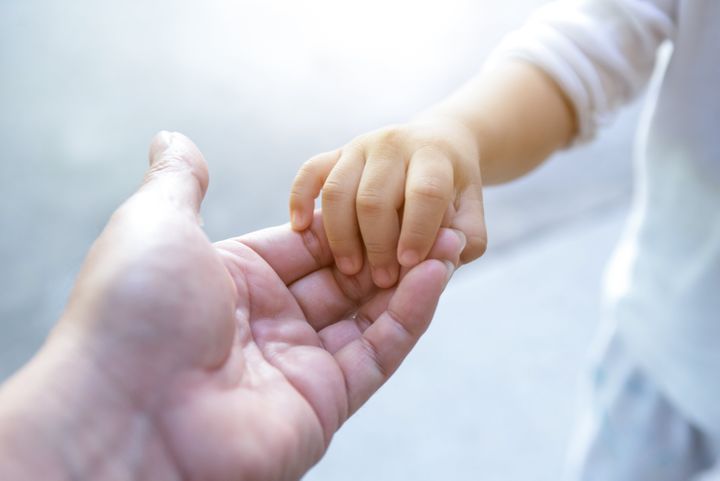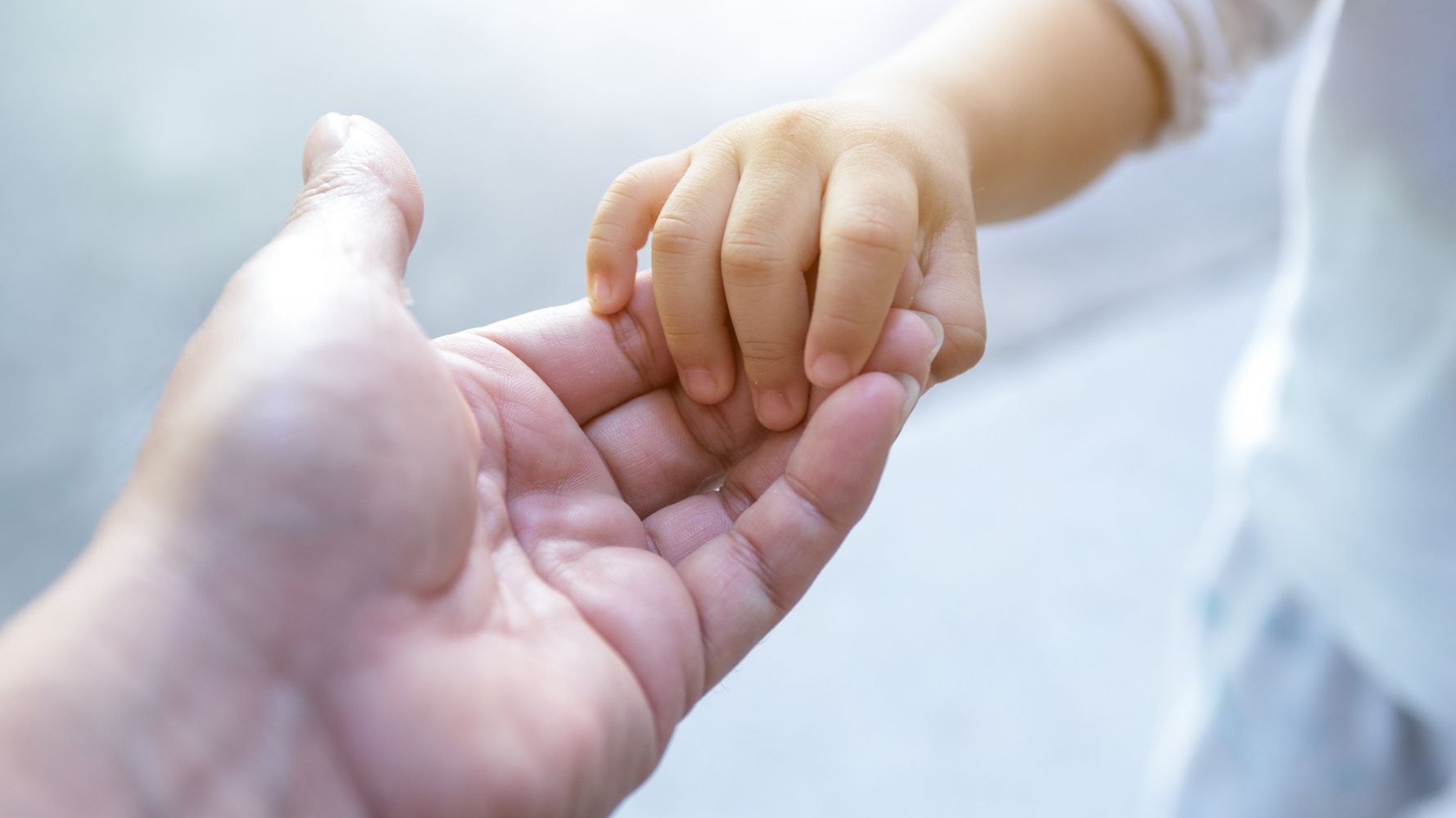[ad_1]
A major faith-based adoption agency says it is ending an international adoption program that has brought thousands of foreign-born children to the U.S.
Bethany Christian Services, one of the country’s largest adoption agencies, has helped place nearly 15,000 children with American families since 1982. The nonprofit announced last month that it has decided not to renew its international adoption accreditation next year.
Instead, Bethany will shift its focus towards finding adoptive homes for children in their home countries, the organization’s vice president of global programs, Kristi Gleason, said in a blog post on Jan. 21. The charity said it has already launched efforts to encourage foster care and adoption in countries such as China, Ethiopia and South Africa.
Bethany’s decision is “not a criticism” of the international adoption program, Gleason said.
“The future of adoption is working with local governments, churches, and social services professionals around the world to recruit and support local families for children and to develop and improve effective, safe in-country child welfare systems,” she wrote in the blog.
The shift in focus would also be more cost-effective, Gleason said, noting that placing just one child with an American family costs approximately $50,000.
“With that same amount of money, we can help 50 children in our Africa programs leave an orphanage and find loving foster or adoptive homes nearby,” Gleason said.
Bethany Christian Services is a Christian social services agency based in Grand Rapids, Michigan. The charity, which has close ties with the family of Department of Education Secretary Betsy DeVos, helps place children in adoption and foster care, and also works with refugees.
In Michigan, Bethany handles about 8% of the state’s over 13,000 foster care and adoption cases involving kids from troubled households. The charity formerly refused to place kids with LGBTQ couples but reversed that policy last year for cases referred by the state, after a lawsuit brought forth by the American Civil Liberties Union.
The nonprofit has also been criticized by adoptees for its role in resettling migrant children who arrive in the U.S. as unaccompanied minors.
Bethany’s announcement signaled the end of an era. The charity’s international adoption program began in 1982, after it assumed responsibility for a program run by the state of Michigan that placed children from South Korea with American families. Over the ensuing years, Bethany expanded the program to children in other parts of Asia, Eastern Europe, Africa and Central America.
The expansion coincided with a burgeoning adoption movement within American evangelicalism. Reaching its height in the mid-2000s and early 2010s, the movement called on evangelicals to fulfill the Bible’s call to care for “orphans and widows in their distress” by adopting children from around the world.
Churches set up “orphan care” ministries and started subsidizing adoption costs, and multiple evangelical adoption organizations and conferences emerged from the boom. In 2009, America’s largest Protestant denomination, the Southern Baptist Convention, issued a resolution encouraging its member churches to mobilize around adoption and encouraging every Southern Baptist family to consider adopting or fostering a child.
But critics cast the movement as an expression of the white savior complex ― an attempt by white evangelicals to “rescue” Black and brown children from other countries. Child-trafficking scandals also tainted the effort.

Bethany’s decision to ends its international adoption program comes amid a significant decline in the number of Americans adopting children from abroad, as tighter government restrictions from sending countries curtailed transnational adoptions. According to statistics from the State Department, there were 4,058 international adoptions in fiscal year 2018, down from close to 23,000 in fiscal year 2004.
Kimberly McKee, an adoptee and a scholar of transnational adoption at Michigan’s Grand Valley State University, told HuffPost that Bethany Christian Services, and other Christian adoption agencies more generally, were instrumental in shaping international adoption as a worldwide phenomenon.
While McKee has reservations about Bethany’s work in the U.S., she said that the charity’s decision to end its international adoption program is “one step” toward acknowledging the benefits of family preservation and supporting economically disadvantaged parents in sending countries.
“Until the Christian adoption movement reconsiders the notion of international adoption as a humanitarian effort of child rescue and considers the role of poverty and economic precarity in the lives of birth parents, Christian adoption agencies fail to engage the systemic issues plaguing why adoption persists,” she wrote in an email. “To merely focus on what many call an orphan crisis, ignores the reasons why some children with living parents may be placed in orphanages for short-term care.”
She also said that more broadly, adoption agencies like Bethany should do more to center the voices of international adoptees.
“So often, these voices are silenced or dismissed,” McKee said. “More intentional listening and incorporation of adoptees’ experiences beyond tokenistic inclusion is needed.”
Calling all HuffPost superfans!
Sign up for membership to become a founding member and help shape HuffPost’s next chapter
[ad_2]
Source link

